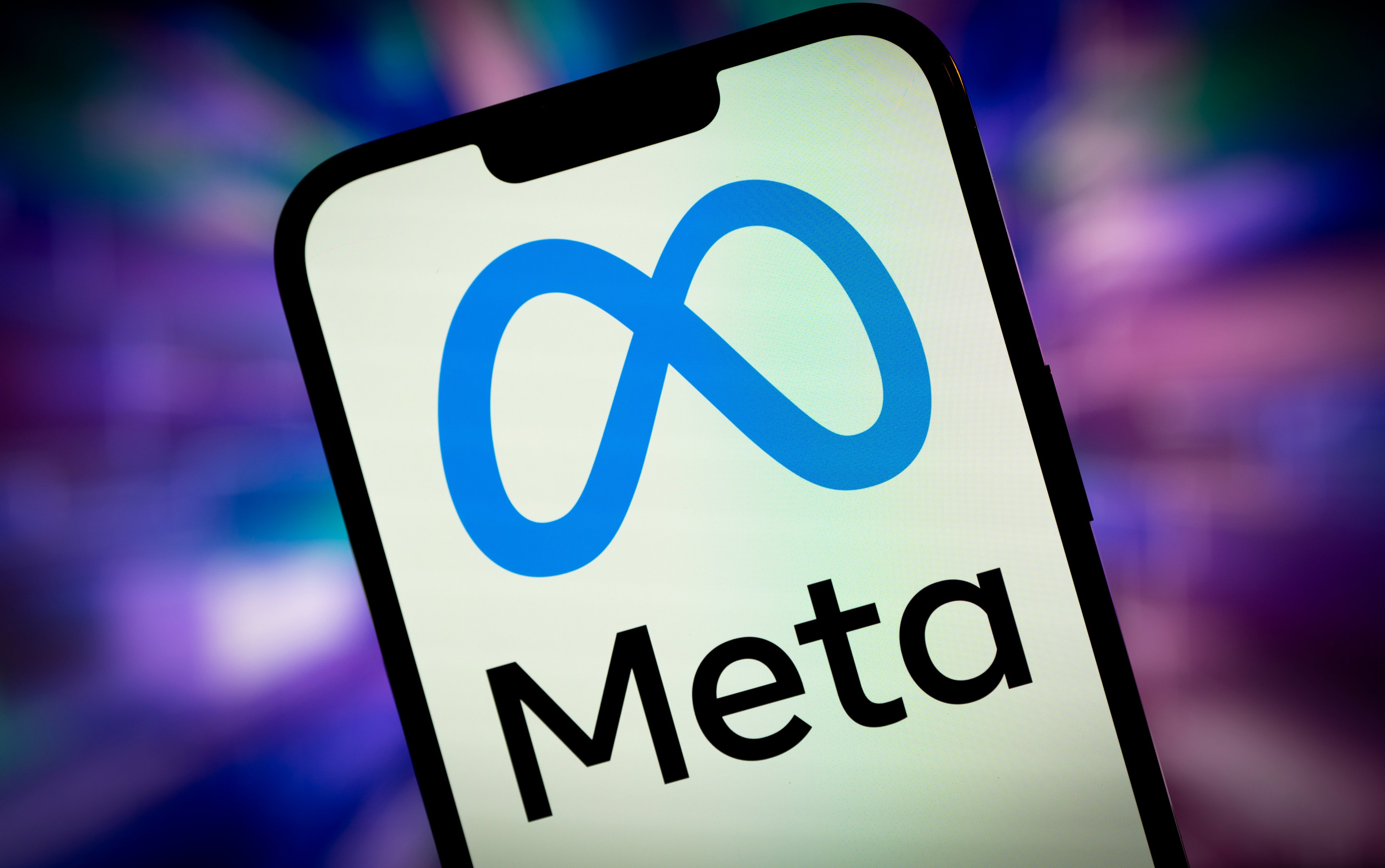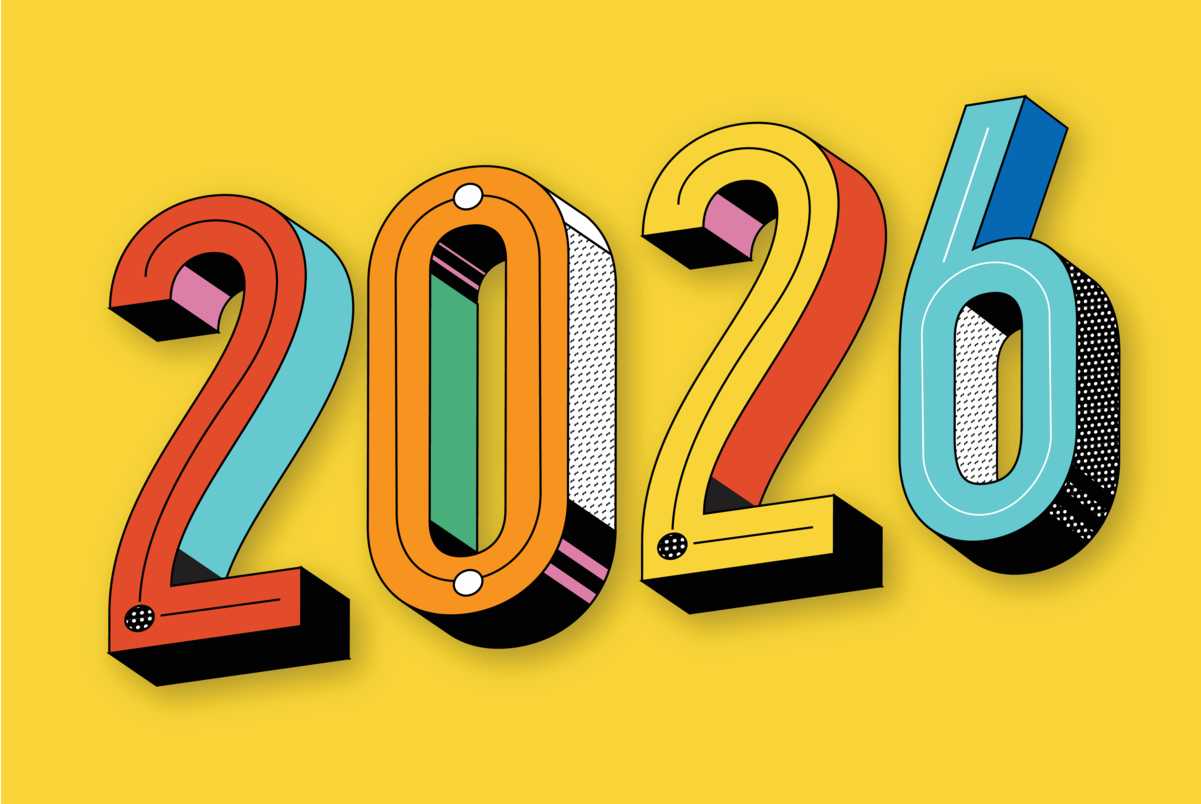CEO Mark Zuckerberg hasn't been shy when asked about his plans for Facebook (FB +1.72%) to bring Internet connectivity to the under-served masses around the world. It sounded like a good notion, but a lot easier said than done. That said, Zuckerberg raised a few eyebrows about a year and a half ago when Facebook dropped $20 million for Ascenta, a solar-powered drone consultancy firm.
Facebook's Internet.org initiative was clearly more than a pipe dream for Zuckerberg, and others in the industry including the search giant formerly known as Google, Alphabet (GOOG 0.68%) (GOOGL 0.79%), and its Project Loon Internet-beaming balloons. Not to mention Alphabet's own foray into Internet-beaming drones. The need for global Internet access is real: Currently, a "mere" 3.2 billion people are "connected," equal to about 40% of the earth's population. Facebook's Internet.org consortium has plans to change that, and those plans are becoming a reality.
Beam me up, Scotty
When Facebook first acquired Ascenta to dip its toes in the Internet-beaming drone water, all of 16% of the African population used the Internet. That compared with about 75% of European Internet users, and over 80% here in the U.S. That amounts to a lot of non-Facebook "friends" and Alphabet search users that are off the Internet grid.
Turns out, Facebook isn't waiting around for its futuristic, prototype drones like the one it showcased this past August to hit the skies. Facebook recently inked a deal with France-based satellite operator Eutelsat to beam free Internet access to the vast majority of Africa currently with little more than spotty mobile connections, at best.
The plan is to start beaming Internet connectivity to Africa by the second half of 2016, following the launch of AMOS-6, a satellite scheduled for take-off the end of this year. Once in orbit, AMOS-6 will provide a more reliable connection to smartphone users in remote regions of Africa, which will include weather, news, and of course, access to Facebook, all for free.
Not surprisingly, some pundits are less than enamored with Facebook's efforts, suggesting that since the free Internet access will favor Facebook as one of the default capabilities, it's in violation of net neutrality. Though it's easy to see the logic behind those "concerns," it seems unlikely users in Africa that are finally afforded a free, secure Internet connection despite their remote locales will complain much.
What's in it for me?
As of Q2, Facebook boasted 1.49 billion monthly average users (MAUs), equal to nearly half the world's connected population. Of all those Facebook users, slightly over 1.3 billion accessed the site each month via their mobile device. With that kind of market penetration -- mobile and otherwise -- questions about how Facebook can continue to grow MAUs, and by extension ad revenue, are a given.
Despite the Internet.org naysayers, it seems apparent Zuckerberg's efforts in that regard are first and foremost philanthropic in nature. But make no mistake, bringing the other half of the world online opens a lot of doors for Facebook, Alphabet, and all the other tech companies that rely on Internet visitors to drive growth.
For Facebook investors, beaming Internet access to continental Africa, or in Alphabet's case using its Loon balloons to give the citizens of Sri Lanka the ability to go online, will eventually result in a solid return on investment. Of course, Facebook is still in the early stages of getting the world online, and it will likely be years before its efforts reward shareholders via increased ad revenue. But that's not really the point, at least for now.









